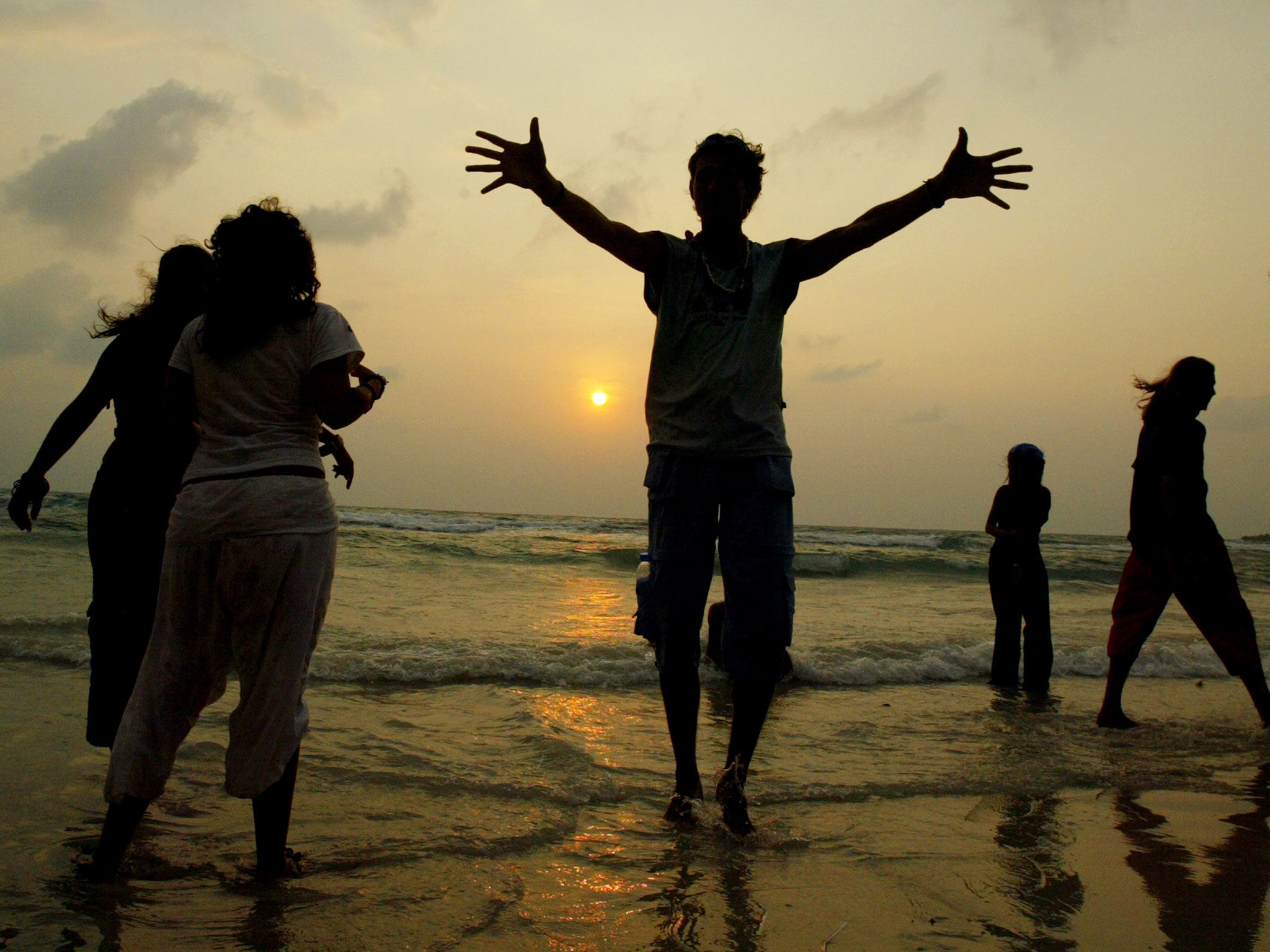UK travellers 'should be given safe sex advice' to combat global spread of STIs
One in 12 UK travellers has had sexual contact with a stranger while on holiday, according to a major new study

Your support helps us to tell the story
From reproductive rights to climate change to Big Tech, The Independent is on the ground when the story is developing. Whether it's investigating the financials of Elon Musk's pro-Trump PAC or producing our latest documentary, 'The A Word', which shines a light on the American women fighting for reproductive rights, we know how important it is to parse out the facts from the messaging.
At such a critical moment in US history, we need reporters on the ground. Your donation allows us to keep sending journalists to speak to both sides of the story.
The Independent is trusted by Americans across the entire political spectrum. And unlike many other quality news outlets, we choose not to lock Americans out of our reporting and analysis with paywalls. We believe quality journalism should be available to everyone, paid for by those who can afford it.
Your support makes all the difference.British holidaymakers should be given advice on sexual health when they book their travels due to the substantial numbers of people – old and young – who are having sex with new partners while abroad.
In the past five years, one in 12 UK travellers had sexual contact with a stranger while on holiday, according to a major new study.
Those who reported having sex with a new partner while overseas were also much more likely to report other “high-risk” behaviours, such as not using a condom, illicit drug use or excessive alcohol intake.
Information on safer sex should be included in routine advice to travellers before they depart, the study’s authors said, regardless of the person’s age, destination or reason for travel.
Male respondents were more likely to report having sex with someone new while abroad, the equivalent of roughly one in 10 men. The figure was closer to one in 20 for women. But both men and women who said they had done so were also more likely to have been diagnosed with a sexually transmitted infection at some point in the last five years.
The warning to Britons comes from two studies published in the journal Sexually Transmitted Infections, part of a suite of publications produced by the British Medical Journal.
In a second study, British nationals were second only to Swedes in reporting inconsistent use of condoms while having sex with new partners during trips abroad.
By contrast, German and Canadian travellers reported having more sexual partners while on holiday but better practices in terms of safe sex, according to a survey involving a relatively small number of backpackers to Thailand.
And crucially, the studies combined show it is not just young backpackers who are engaging in potentially risky sexual behaviours abroad. Older men were actually more likely than younger men to report having paid for sex outside the UK, for example.
The dramatic increase in international travel has “huge” potential to boost the sexual mixing of different nationalities and, in turn, spread antibiotic-resistant strains of bacteria, the studies’ authors warned.
“The consequences on STIs could be substantial,” said Alberto Matteelli and Susanna Capone of the University of Brescia, Italy, citing the example of how syphilis may have been introduced to Europe by conquistadors returning from the Americas.
Join our commenting forum
Join thought-provoking conversations, follow other Independent readers and see their replies
Comments